After talk of a potential U.S. TikTok ban, CEO Shou Zi Chew appeared before Congress this Thursday ostensibly to testify about his company’s efforts to protect user data. Several lawmakers have called for a nationwide TikTok ban due to concerns the Chinese government could infiltrate the app and extract user data to essentially spy on U.S. citizens. Others are concerned TikTok’s ties to China will allow the country to use the platform to spread propaganda to its U.S. users. Amidst rising calls for a ban, U.S.-owned social media platforms like YouTube and Twitter suffer from many of the same data concerns, as high-profile users have their information stolen with perpetrators facing few consequences, if any.
Earlier today, popular YouTube channel Linus Tech Tips was taken offline due to hackers gaining access to the account. The Verge reports similar attacks have claimed the accounts of musicians as big as Taylor Swift and Drake, and the attacks only seem to be escalating. Security efforts like two-factor authorization are not preventing these attacks, and Google has yet to implement more secure methods.
Some users have pointed out the hypocrisy of members of Congress calling for a ban on TikTok due to data concerns, while platforms like Twitter and YouTube are guilty of frequent data breaches. Earlier this week, actor Simu Liu’s Twitter account was compromised; his account began posting Crypto scams in what looks to be an unsettling trend. Affected accounts receive a DM claiming to be from Twitter Support, which instead direct them to a phishing link made to look like an official Twitter link. These attacks focus on accounts belonging to prominent social media figures (whether that’s celebrities like Anya Taylor-Joy, or political staffers with a decent following), and then message their followers in order to make a quick buck.
The congressional hearing has been criticized by many for being less of an impartial information-gathering and airing of public concerns, and more of a way for Congress to justify a potential ban. During the hearing, lawmakers focused on TikTok’s connection to China through its parent company ByteDance, and frequently expressed concern that the Chinese government was inappropriately accessing U.S. data (seemingly, and inappropriately, defined as “accessing data at all”). At times, questions directed at Chew were more accusatory than not, as lawmakers explicitly accused TikTok of being a vehicle to disseminate the agenda of “Communist China.” Chew, who was born and raised in Singapore, attempted to answer questions diplomatically, while stressing that the Chinese government was not spying on U.S. citizens via the social media app. Nevertheless, many members of Congress seemed to willfully interpret his answers in bad faith.
A nationwide TikTok ban would not alleviate data collection concerns nor would it help improve data privacy across other social media platforms. A TikTok ban would help its competitors get ahead in a saturated market, something Meta is no doubt aware of — according to a Washington Post report from last year, Meta paid GOP-consulting firm, Targeted Victory, to influence public opinion against TikTok. Emails from Targeted Victory stressed the importance of getting the public to focus less on Meta’s own data controversies in favor of viewing TikTok as “the real threat especially as a foreign owned app that is #1 in sharing data that young teens are using.”
Whether or not you support a TikTok ban, the congressional hearing has shown that the need for a comprehensive data privacy law is more urgent than ever. If Congress’ focus is truly on monitoring data usage and protecting citizens, rather than trying to punish a company for having ties to China, a federal privacy law would be the logical next step.

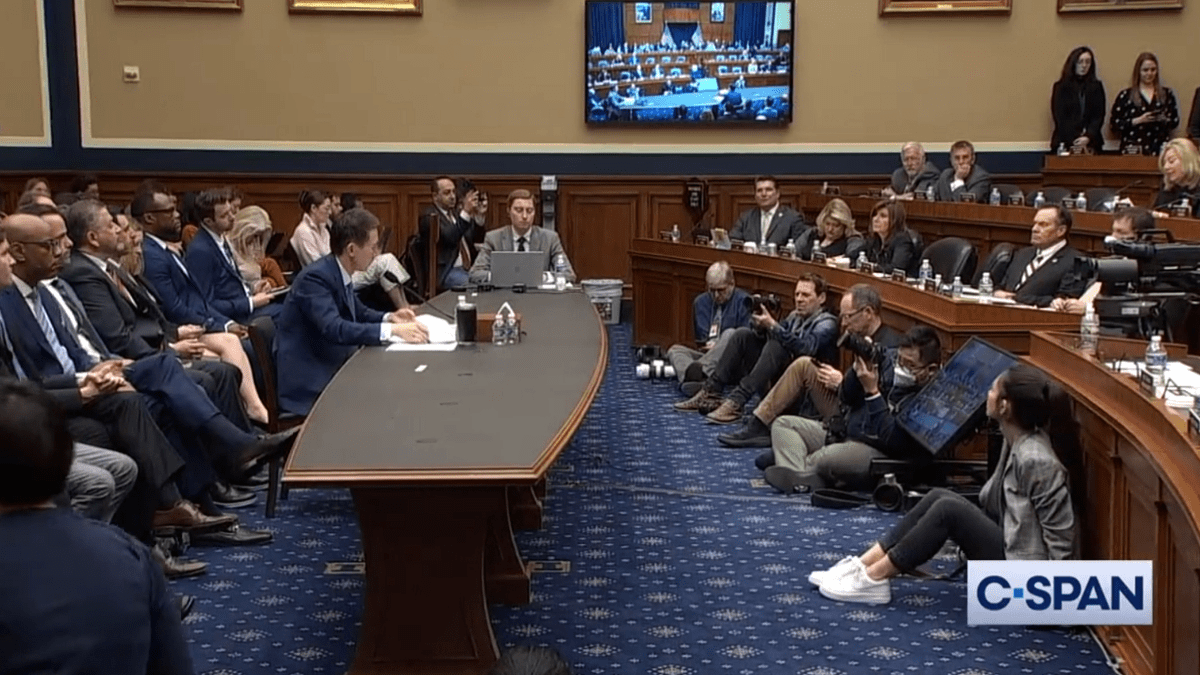
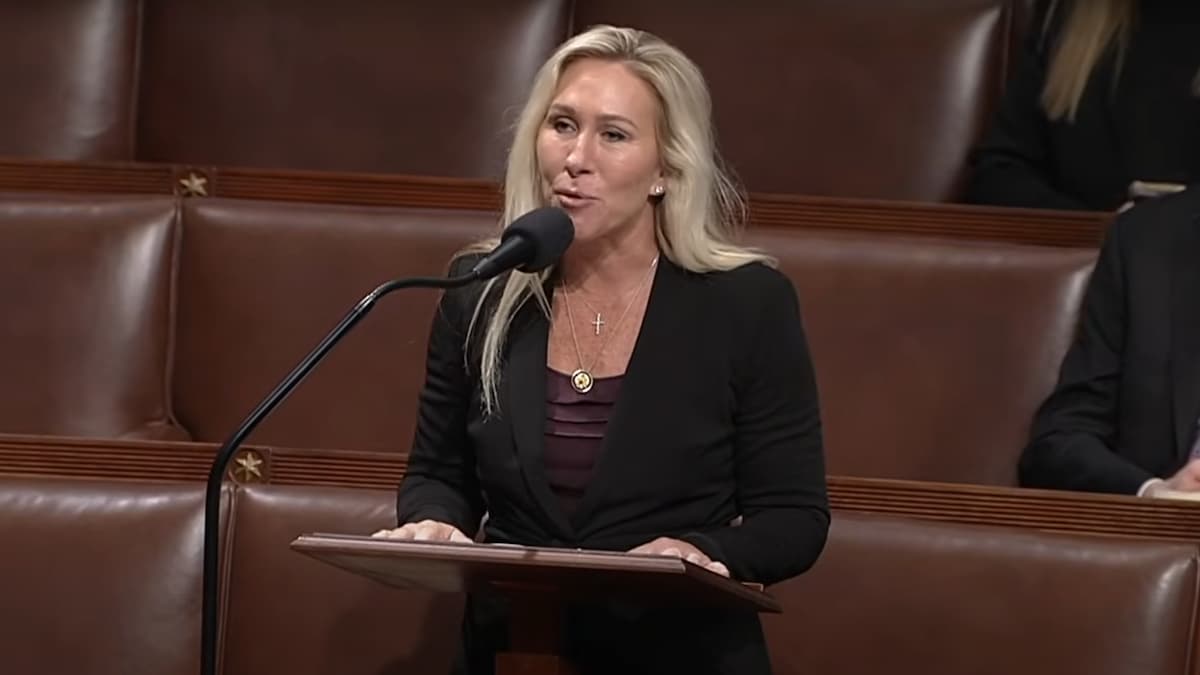



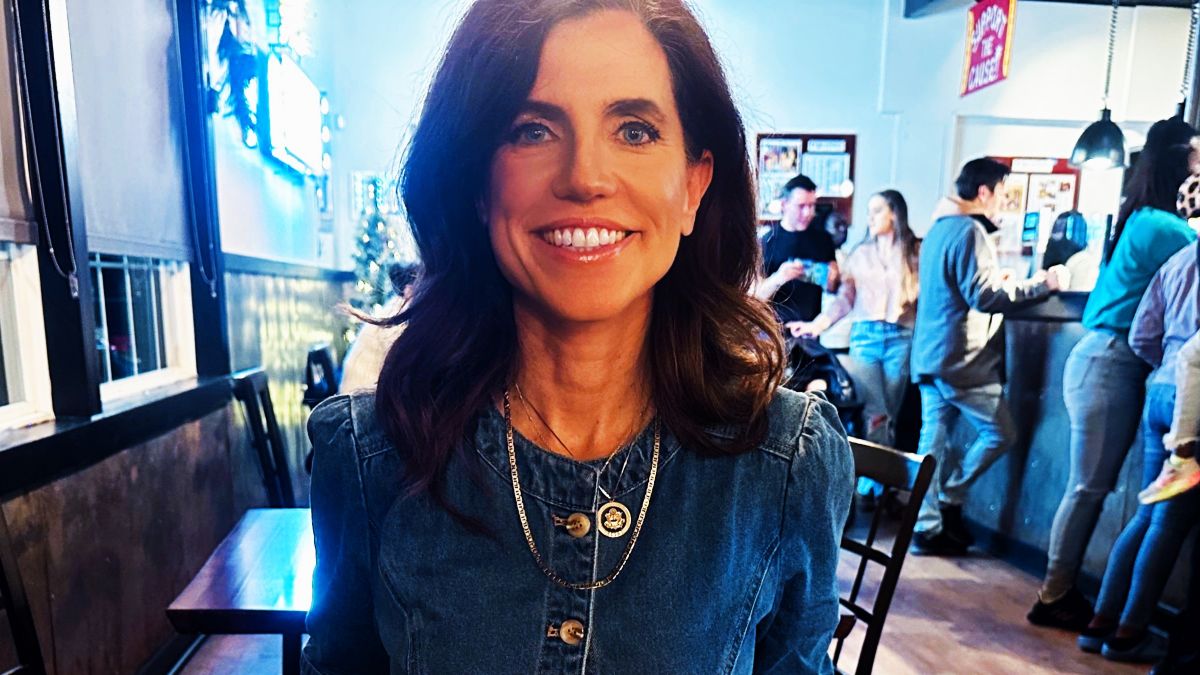
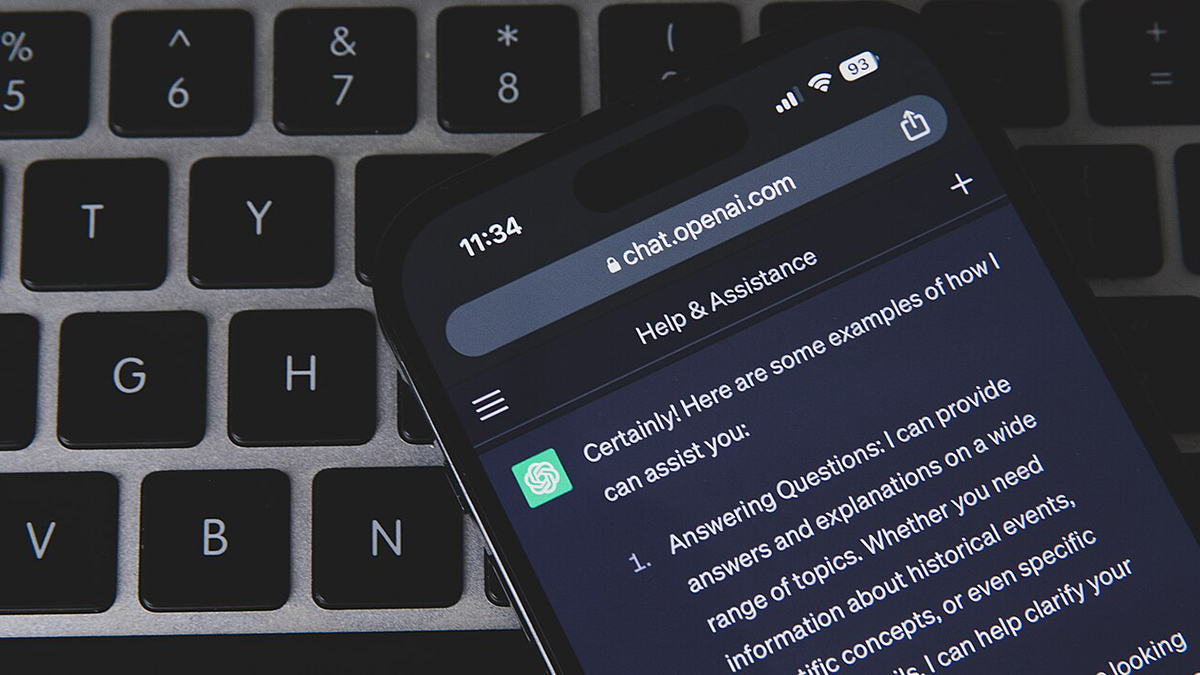

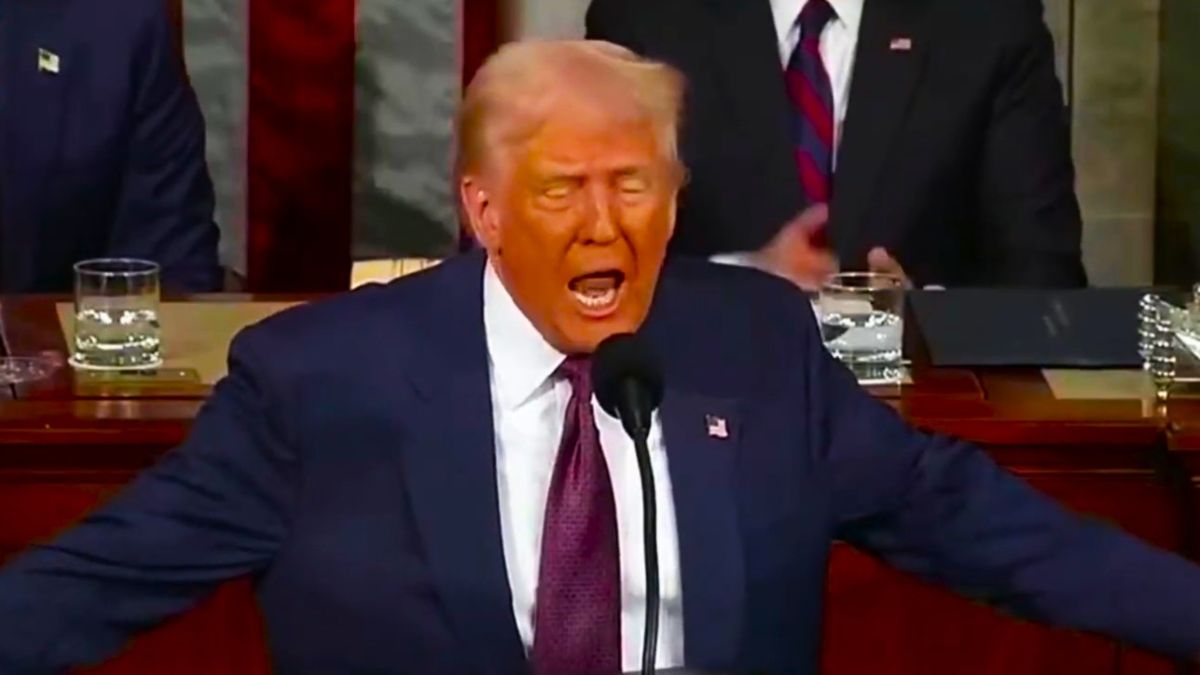

Published: Mar 23, 2023 04:21 pm